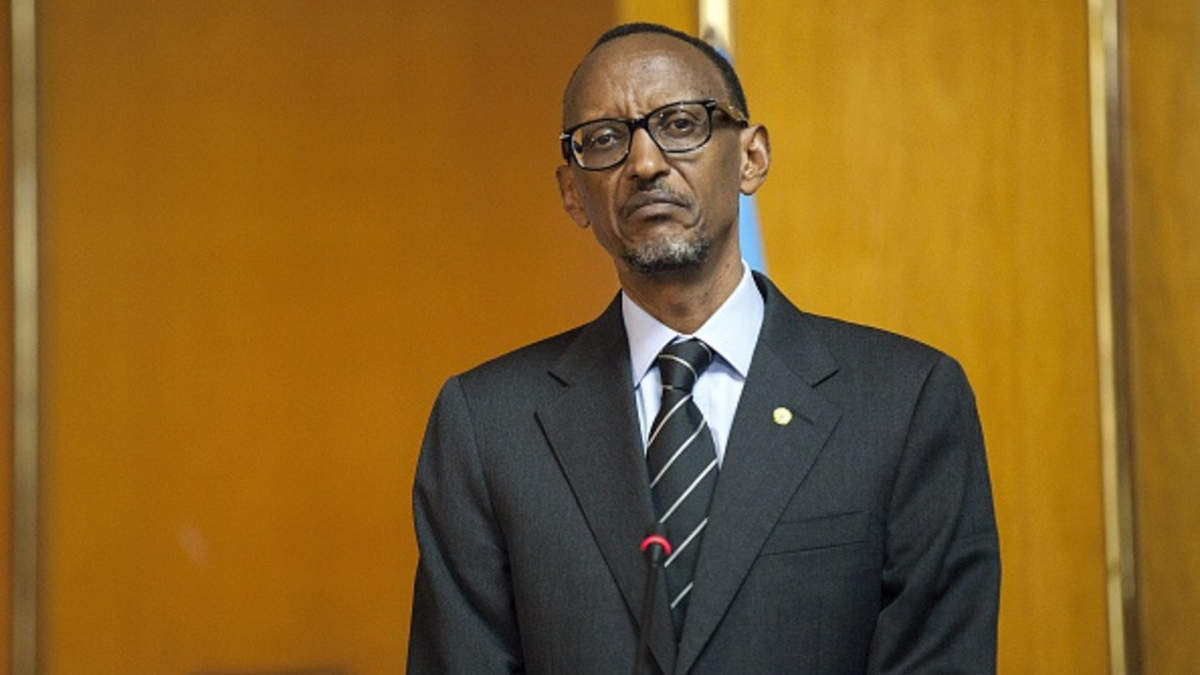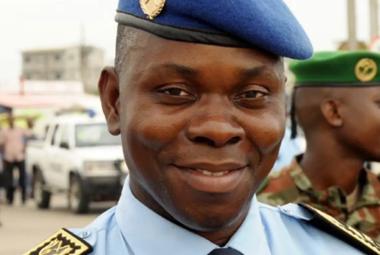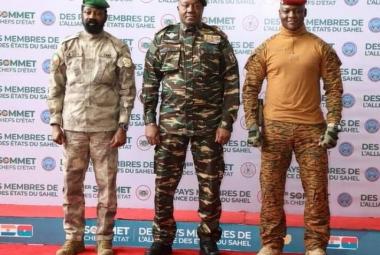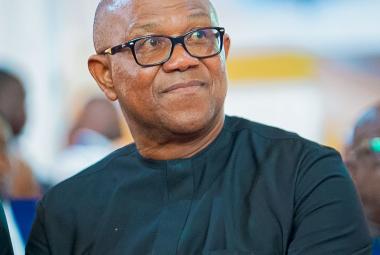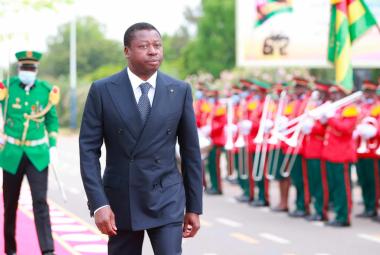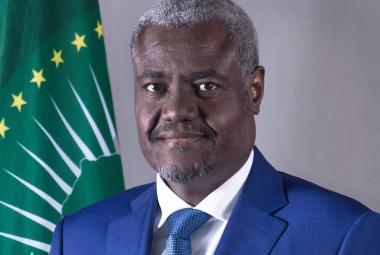There was no suspense. The Rwandan presidential election of July 15, 2024 ended with the victory of the outgoing President, Paul Kagame. With a Soviet score of 99.18% according to the provisional results of the National Electoral Commission (NEC). If one did not expect any surprises for his adversaries who accompanied him, for the sake of form, he left them nothing however. Not even to look good.
On July 15, Rwanda held its presidential election, so to speak. Because the outcome of this electoral deadline was in no doubt in advance. Facing the outgoing President Paul Kagame, there were two adversaries, in this case Philippe Mpayimana and Frank Habizena. No wonder: one take the same ones and start again. Especially since these are the same adversaries as for the 2017 presidential election. But in terms of adversaries, we should rather see in reality only companions in order to give this election intended for the International community for cosmetic reasons, a semblance of pluralistic character.
According to the provisional results of the National Electoral Commission (NEC), the uninhibited dictator of Africa won the presidential election hands down, without firing a shot. Better, with 99.18% of the votes, it turned out to be the presidential election where Paul Kagame had his best score in the 24 years he has been in power in Rwanda. Indeed, following the genocide against the Tutsi, the latter took the opportunity to make his country a territory of which he is the absolute and undisputed master. One could even say that Paul Kagame's party, the Rwandan Patriotic Front (RPF) and he became the owners of Rwanda. So much so that the country functions like a private company. Like his political party, moreover.
Obsessed with economic results that are praised for their achievements in certain countries without asking questions about what the country produces and exports, Rwandan leaders want to sell the image of a Dictatorship that is making progress in Africa. As if to hide the leaden burden that weighs on Rwandans, Tutsis and Hutus alike. It is in this logic that Paul Kagame had, for example, signed on behalf of his country an agreement with the Conservative Party government of former Prime Minister Rishi Sunak to welcome migrants in exchange for financial compensation. An agreement of shame on migrants criticized from all sides across the world. But despite outcry here and there, the agreement known as the “Safety of Rwanda Bill” was ratified in April 2024 by the British Parliament. Although the Council of Europe, the UN and humanitarian associations have denounced the fact that it fundamentally violates human rights. In this affair, Paul Kagame's Rwanda will have gained 280 million euros, and the United Kingdom will have lost them. After the Labor Party's large victory in the last legislative elections on July 4, the new Prime Minister Keir Starmer announced the abandonment of the agreement which planned to deport asylum seekers to Rwanda. For its part, Rwanda has already warned the new British government on July 9, 2024 that it does not plan to return the funds already paid by the United Kingdom.
All things considered, Rwanda is not yet ready to change from a political point of view with Paul Kagame, the uninhibited Dictator of Africa. Since his accession to power, he has worked meticulously to nip in the bud any attempt to challenge his authority. To the point of chasing everywhere and liquidating his opponents abroad, if he finds it opportune. We must therefore expect power for life like in the days of single parties in Africa. No offense to the Rwandans who do not all share the vision of the uninhibited Dictator and his cronies in power.
By Bill-Marc Tchankouinkou



